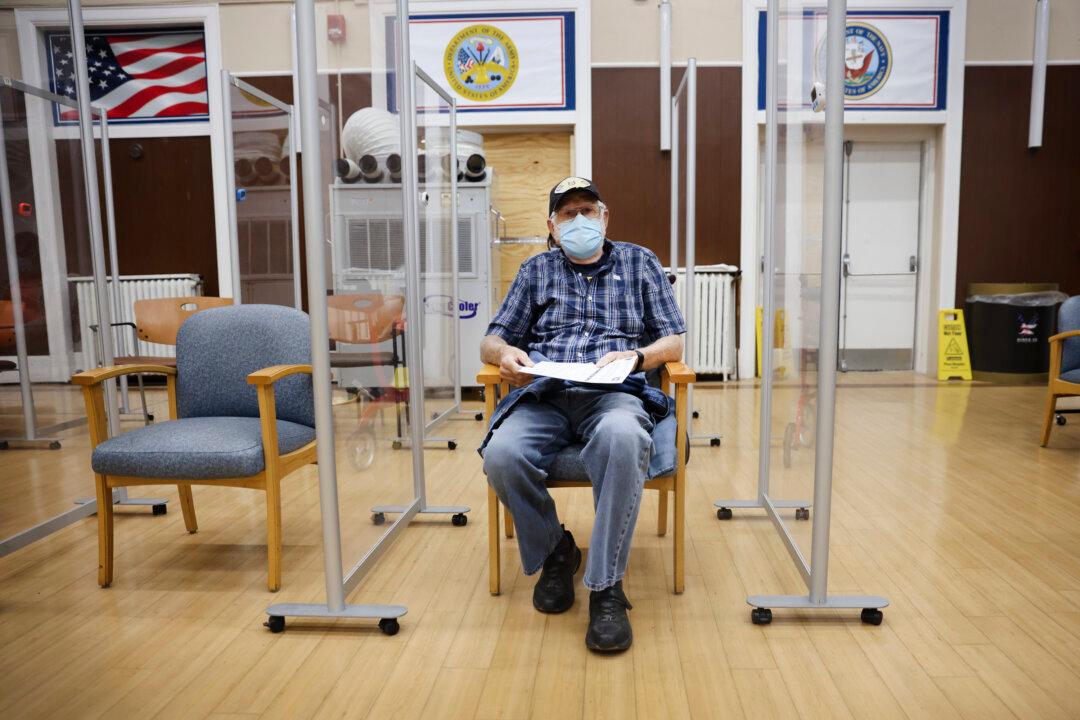The House passed a bill on Sept. 17 to give additional funding to the Department of Veterans Affairs as the agency faces a budget shortfall.
The bill, which was introduced by Rep. Mike Garcia (R-Calif.) and would give the VA almost $2.9 billion, passed by voice vote, and therefore no roll call was taken.





